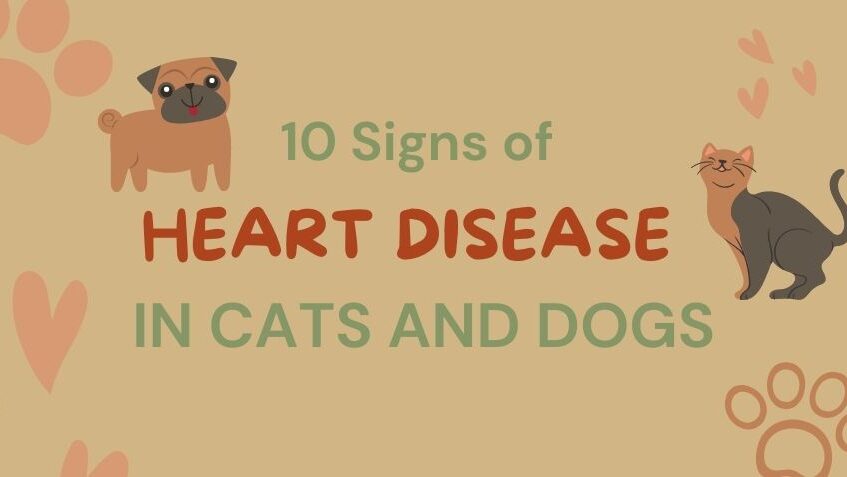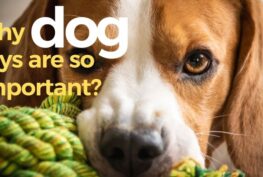Heart Disease Symptoms to Watch Out For
Nothing is more heartwarming than taking care of a dog or cat. They take care of our hearts, it’s only fair that we return the favor. Heart disease is a serious medical condition not only in humans but in dogs and cats too.
Heart disease in dogs and cats can be a tough diagnosis for vets to make and for pet owners to receive. Signs of heart disease are usually easier to see in dogs and less detectable in cats.
Here are 10 signs of hearts disease in dogs and cats:
-
PERSISTENT COUGH
Your pet has a cough that lasts for at least one or two weeks, it could be an indication of heart disease. This is because when your pet has a heart condition, the heart likely isn’t pumping enough blood, which can cause a fluid backup in the lungs, resulting in a cough.
- DIFFICULTY BREATHING
While fluid build-up in the lungs usually leads to coughing, it can also cause breathing difficulties in your pet.
-
FAINTING/COLLAPSING
Heart disease can cause your animal’s legs to give out or for them to lose consciousness completely.
-
ABDOMINAL SWELLING/DISTENTION
Due to fluid build-up in their abdomen from the heart condition, your cat or dog’s stomach will swell, making them appear pot-bellied.
-
LETHARGY/FATIGUE – When the heart becomes enlarged, it becomes inefficient, which can result in fatigue and lethargy.
-
HEART MURMUR
Just like humans, dogs and cats with heart disease can also develop something called a heart murmur. Typically, when you listen to the sound of a heartbeat, you know that a “ba-dum, ba-dum” rhythm is the sound of a healthy heart. If there’s a “whooshing” sound that’s present, though, it means that there’s a heart murmur.
-
CHANGE IN HEART RATE
Can be the result of an enlarged, inefficient heart, trying hard to keep up with the demands put on it by the body.
-
CHANGE IN BODY WEIGHT
When your pet has heart disease and is losing a lot of weight quickly, it’s because there is a hormone-like substance produced at high levels during heart failure. This results in muscle and weight loss in your pet.
-
RESTLESSNESS OR HIDING
Dogs usually become visibly distressed when they’re in pain or feeling sick, or even hide from you. Cats, on the other hand, are very good about hiding when they’re ill.
-
LOSS OF APPETITE
If your cat or dog unexpectedly stops eating, it’s a good sign they’re not feeling well, but it could also be a sign of heart problems.
Preventive, proactive care is the best kind of care we can offer our pets. Educating yourself with helpful resources will also help to ensure they live long, healthy, and happy lives.
You may also visit – https://www.facebook.com/angkopparasahayop




